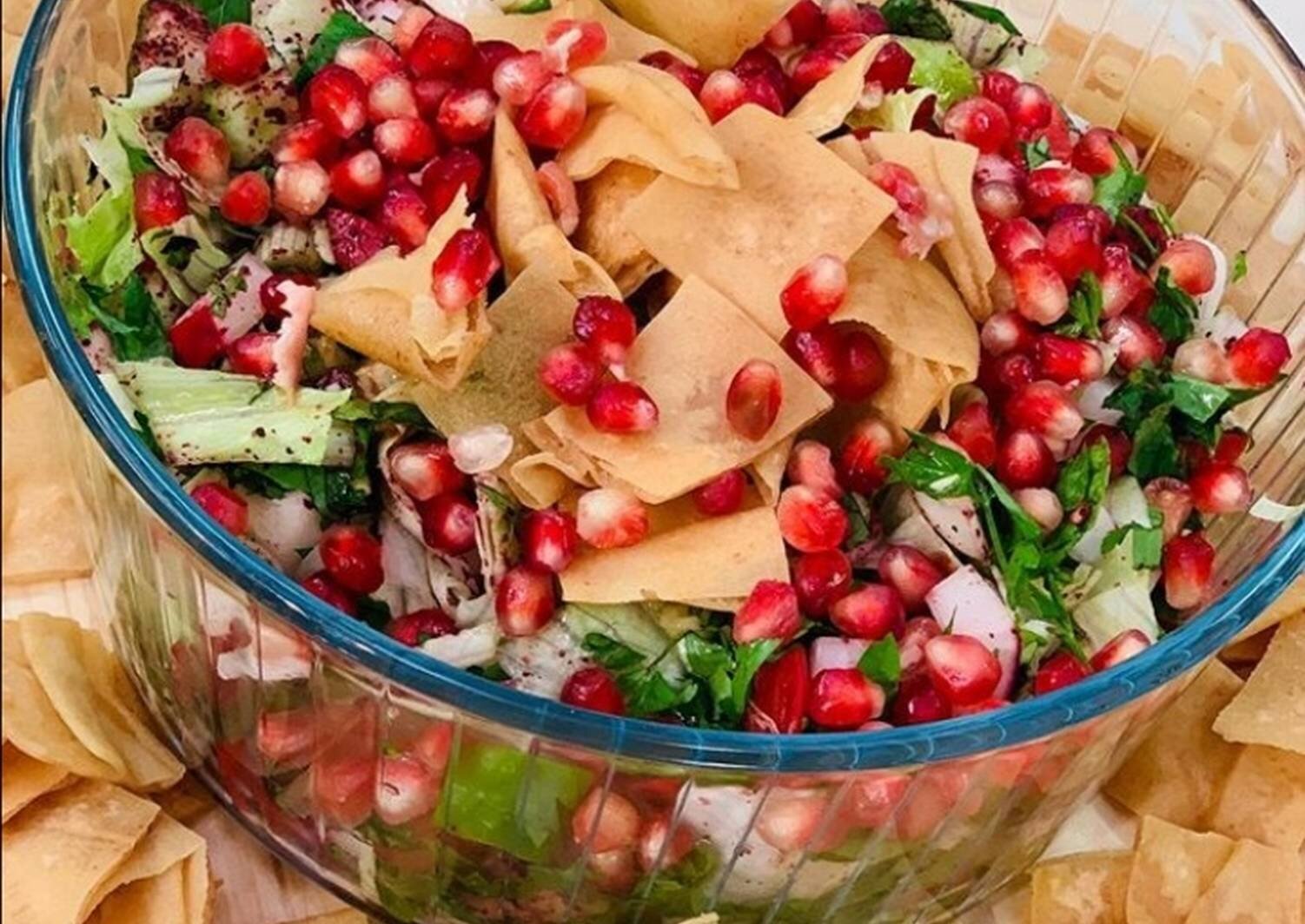
That Translator Can Cook: Maaqouda
I couldn’t find much information about maaqouda’s origins, but one question did arise from it: why do we all like frying potatoes?

That Translator Can Cook: Fattoush
Fattoush is a Levantine (Syria, Lebanon, Jordan, and Palestine) specialty that is very light and healthy; scarf down platefuls of it at a time…

That Translator Can Cook: Falafel vs. Ta’ameya
There is a heated debate concerning falafel: which is the best, ta’ameya or falafel? (Ta’ameya is the Egyptian name for its version of falafel that uses fava beans instead of garbanzo beans.)

That Translator Can Cook: Bourek
Bourek originated from the Turkish pastry börek, as did the Tunisian brik that I’ve written about before…

That Translator Can Cook: Ful Medames
According to some sources, fava beans [main ingredient of ful medames] can be traced back to ancient Egypt: “remnants of ful medames were uncovered in a number of the 12th Dynasty (1991-1786 B.C.) Pharonic tombs in Egypt.”…

That Translator Can Cook: Dukkah
Dukkah is also written as ‘duqqa,’ ‘do’ah,’ and ‘du’ah’ and derives from the Arabic root meaning ‘to crush.’…

That Translator Can Cook: Brik
Brik is a Tunisian variant of the Turkish börek, which is believed to be its predecessor brought to North Africa by the Ottoman Empire…

That Translator Can Cook: Fatayer Sabanekh
While pastries may not seem healthy, using a spinach filling is healthier than using a meat or cheese filling. Here are some health benefits of some ingredients…

